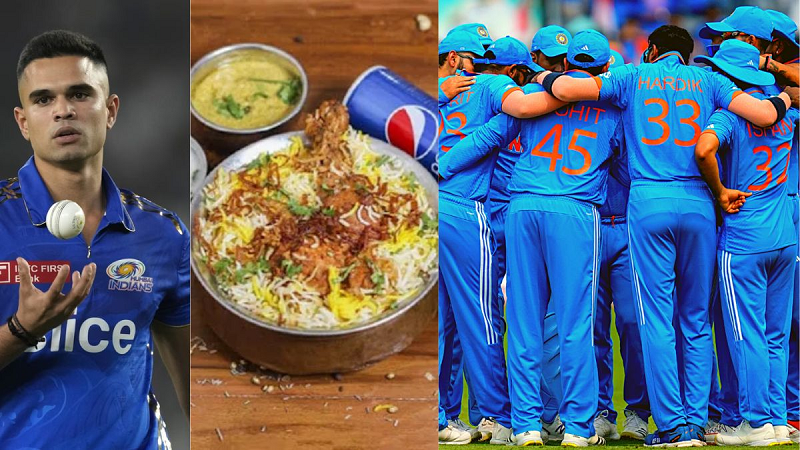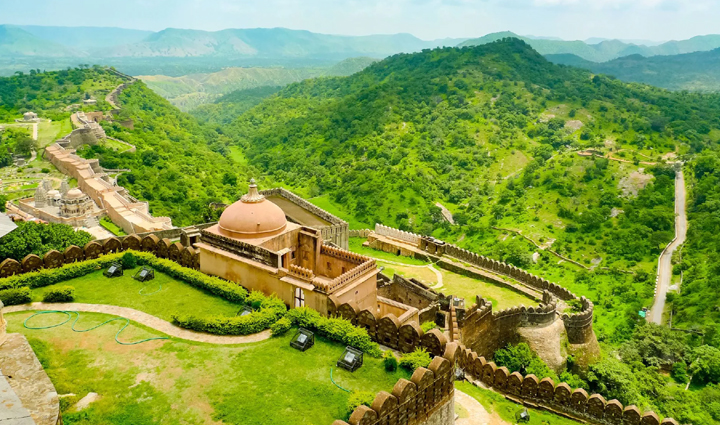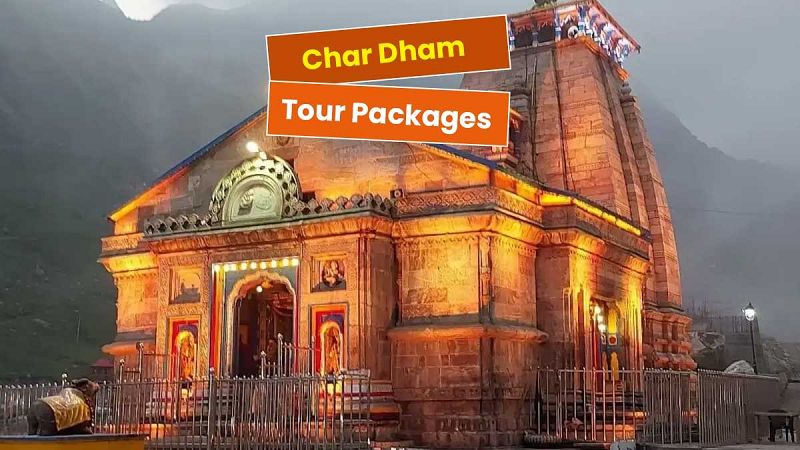While other pilgrimages do good to the bather and the donor, the king of pilgrimages Prayagraj not only does good to the person who takes a bath and donates but also gives salvation to his ancestors by taking a dip in the Triveni Sangam for their ancestors. Many generations are saved by performing Shraddha etc. in Tirtharaj Prayagraj.
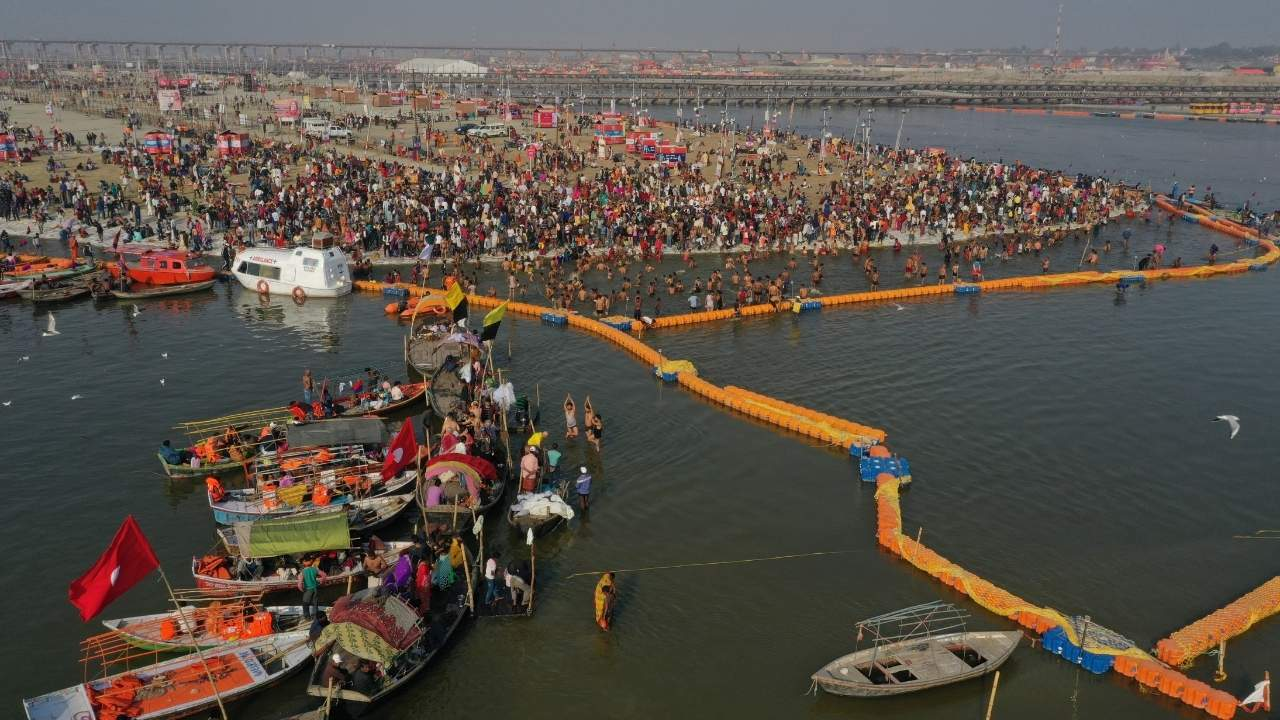
Astrologer
Prayagraj is considered to be the king of pilgrimages. The Triveni Sangam area where Ganga, Yamuna, and invisible Saraswati meet is called Akshay. It is called the ladder of heaven for ancestral salvation. The glory of the king of pilgrimages, Tirtharaj Prayagraj, is amazing. Every year innumerable devotees come from far and wide to the city of faith and do charity and pious deeds by taking a holy dip in the Triveni Sangam to fulfill different wishes. While bathing in the Sangam in the month of Magha gives Akshaya Punya, the Sangam area is of utmost importance for rituals like Shraddha during the month of Ashwin in Pitru Paksha.
The Triveni Sangam area where Ganga, Yamuna, and invisible Saraswati meet is called Akshaya. Akshaya means the charity and pious deeds done in the Sangam area, accumulating for many births and providing Akshaya Punya. Therefore, devotees also take a dip in the name of their ancestors in the Triveni Sangam for their salvation.
Samarthi will be attained by taking a dip in the Sangam of Prayagraj, the king of pilgrimages.
According to popular beliefs, while other pilgrimages do good to the person who bathes and donates, Prayagraj, the king of pilgrimages, not only does good to the person who bathes and donates, but also gives salvation to his ancestors by taking a dip in the Triveni Sangam for their ancestors. Many generations are saved by performing rituals like Shraddha in the Tirtharaj Prayagraj.
Importance of Shraddha at Triveni Sangam
In Indian literature, pilgrimage means that area where on visiting, purity spreads, merits are accumulated, sins are destroyed, and salvation is attained. All these are easily available in the lap of Ganga, Yamuna, and invisible Saraswati at the Sangam area of Prayagraj. In the Gita, Yogeshwar Lord Krishna says that whatever charity or chanting and penance a man does, if it is not done with devotion, then it is false. It is neither beneficial in this world nor in the afterlife after death. Therefore, any deed done with devotion for the ancestors in the Triveni Sangam area of Prayagraj, the king of pilgrimages, earns eternal merits and becomes the cause of salvation.
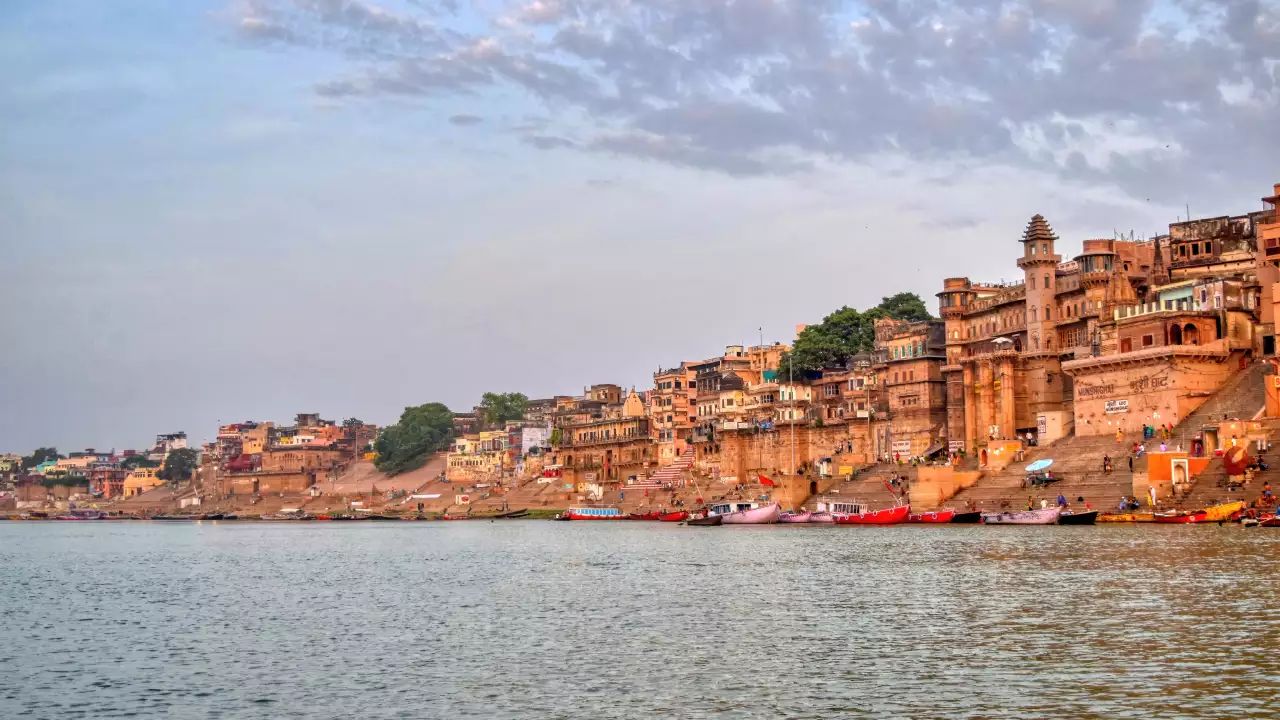
The merits done at the pilgrimage area are deposited in the person's invisible merit account.
The result of the Shraddha and other deeds, worship, and rituals done at the pilgrimage areas should be understood in such a way that, just as a man earns money in his worldly life and deposits it in his bank account, similarly the merits done at the pilgrimage area get deposited in the invisible merit account of the person. Whenever clouds of crisis start hovering in life due to inauspicious planets, then this energy of accumulated Punya Bal saves the person from disease, grief and destruction. Pinddaan, Tarpan or any pious act done for the ancestors on the banks of Sangam during Shraddha Paksha reaches the ancestors through the virtue earned by the children of the deceased person.
Heaven-hell, sin-virtue, bondage-salvation, soul-reincarnation also exist
When there is life, there is also death. Similarly, whether we believe it or not, heaven-hell, sin-virtue, bondage-salvation, soul-reincarnation also exist. The structure of the universe is a spiritual science beyond the capacity and experience of human intellect, hence it is very important to follow the rules and principles described in the religious scriptures. The sages, by the power of penance, saw the entire universe in their physical body itself and propounded the rules for human welfare in the form of religious scriptures. Birth and death are like the two banks of a river. We do not know what lies before and after both ends, hence by following the knowledge given in religious texts and by performing rituals like Shraddha etc., a person can liberate himself and his family.
(PC: Google)





